Yemen’s Houthi rebels said Thursday they will not join peace talks in Geneva until their conditions are met, accusing the United Nations of failing to keep its promises.
Hameed Assem, a member of the rebel delegation scheduled to attend the talks on Thursday, September 6, said the U.N. had not met three conditions that had been previously agreed.
The conditions include the transport of wounded rebels to Oman, the repatriation of rebels who have already received treatment there and a guarantee that the Houthi delegation would be allowed to return to the rebel-held capital Sana’a after the talks.
The planned U.N.-sponsored talks in Geneva will be the first public meetings involving government and rebels delegations since 2016, when 108 days of negotiations in Kuwait failed to reach agreement on power-sharing.
While representatives of President Abd Rabbuh Mansur Hadi arrived in Geneva on Wednesday, the rebels have remained in Sana’a.
On Wednesday, the Houthis said that they were stranded in Sana’a because the Saudi-led coalition, which controls Yemen’s airspace, had not given their U.N. plane permission to fly.
The coalition intervened in 2015 when Hadi fled into exile as the rebels closed in on his last refuge.
There are low expectations of any breakthrough in ending the conflict, which has killed nearly 10,000 people since 2015.
Foreign Minister Khaled al-Yamani has ruled out any face-to-face meetings with the rebels.
The war has triggered what the U.N. has described as the world’s worst humanitarian crisis, with millions driven to the brink of famine.
War crimes
Last month a team of U.N.-mandated investigators said they had “reasonable grounds to believe that the parties to the armed conflict in Yemen have committed a substantial number of violations of international humanitarian law,” many of which may amount to war crimes.
The Group of Independent Eminent International and Regional Experts report covers the period from September 2014 through June 2018, and does not address the latest strikes that killed dozens of children in rebel-held areas of Yemen.
Saudi Colonel Turki al-Maiki said last month that the August 9 strike in Sa’ada province was a “legitimate military action” targeting elements responsible for a missile attack on the Saudi city of Jizan a day earlier.
The International Committee of the Red Cross, one of the few foreign NGOs still operating in Yemen, said the strike hit a bus full of children. Last week the coalition expressed regret for that incident after its own inquiry into the strike, which killed 51 people, including 40 children, found that “mistakes” had been made.
Earlier Thursday the coalition acknowledged for the first time that an August 23 strike, this time near the port city of Hodeidah, may have killed civilians.
The day after the incident, Mark Lowcock, Head of the U.N. Office for the Coordination of Humanitarian Affairs, said the strikes killed 26 children and four women in Al-Durayhimi.
“According to the results of the comprehensive review … there might have been collateral damage and civilian casualties,” Maliki said on Thursday.
“All documents relating to this incident have been handed over to the Joint Incidents Assessment Team pending assessment and announcement of results.”
With reporting from AFP

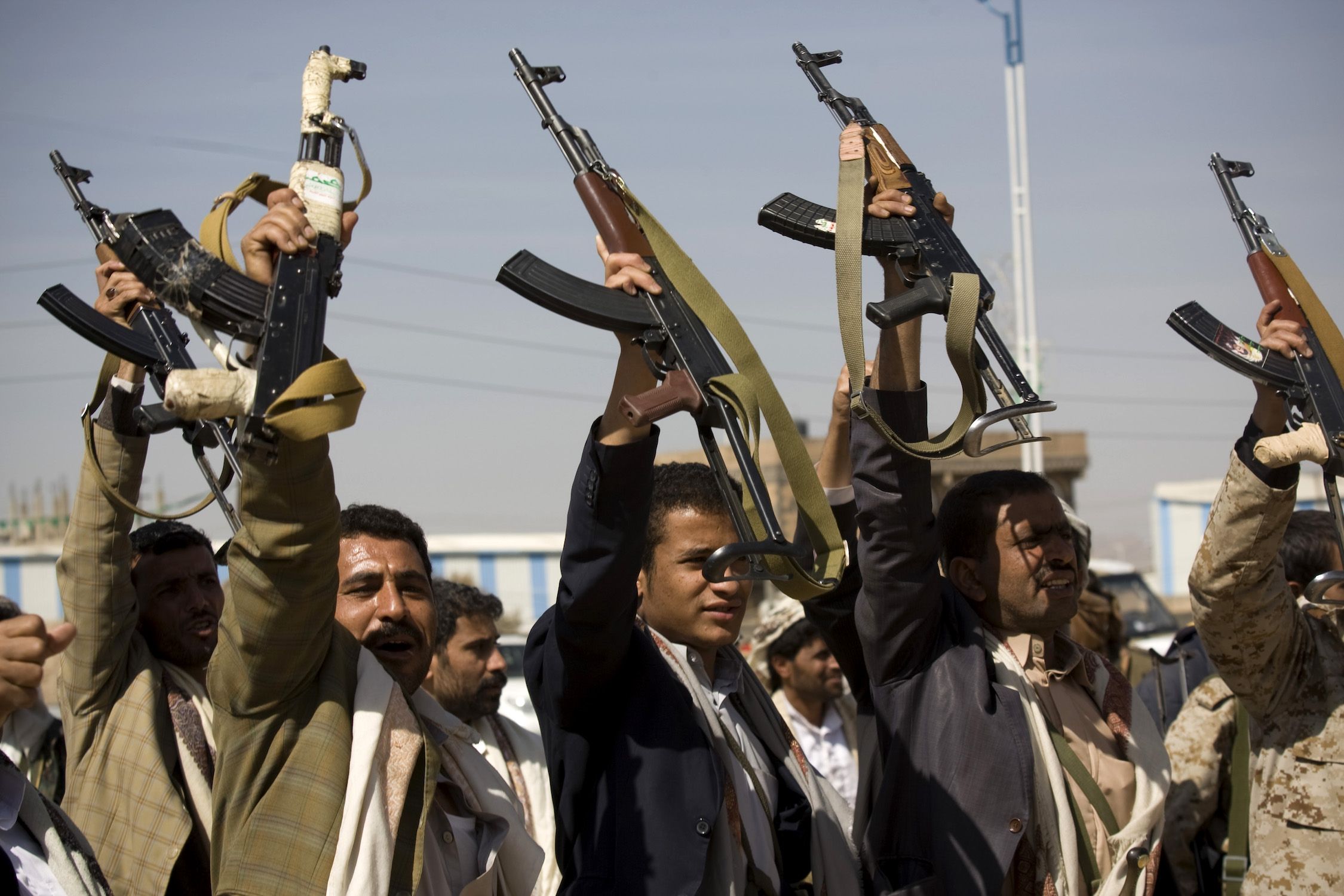
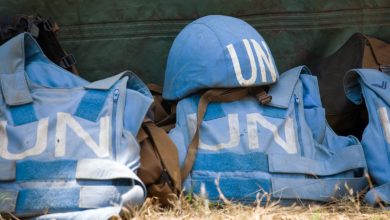


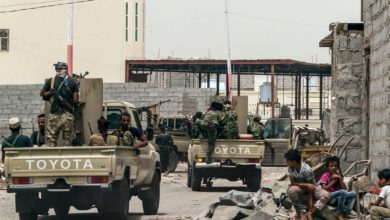
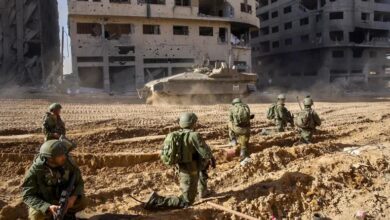
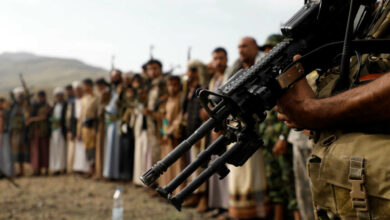

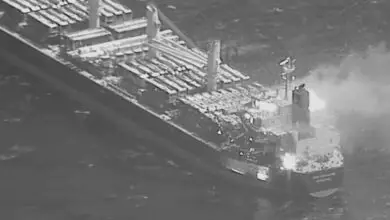

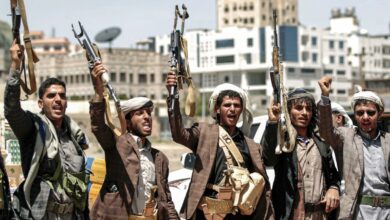
3 Comments